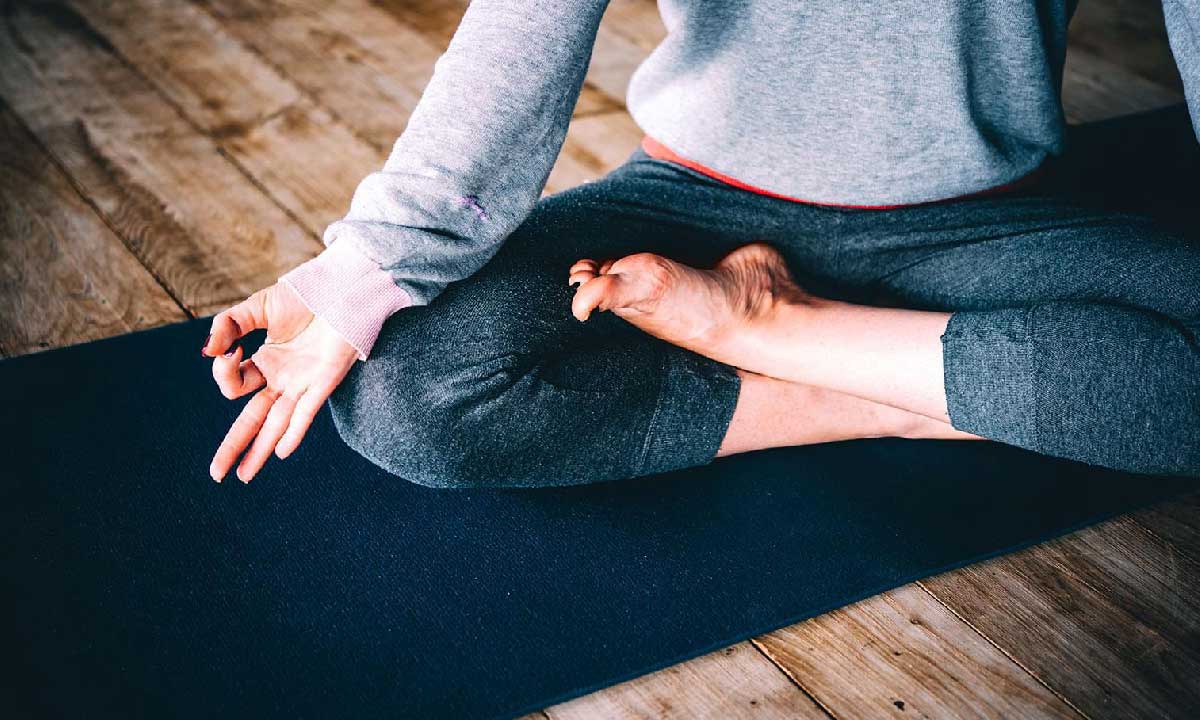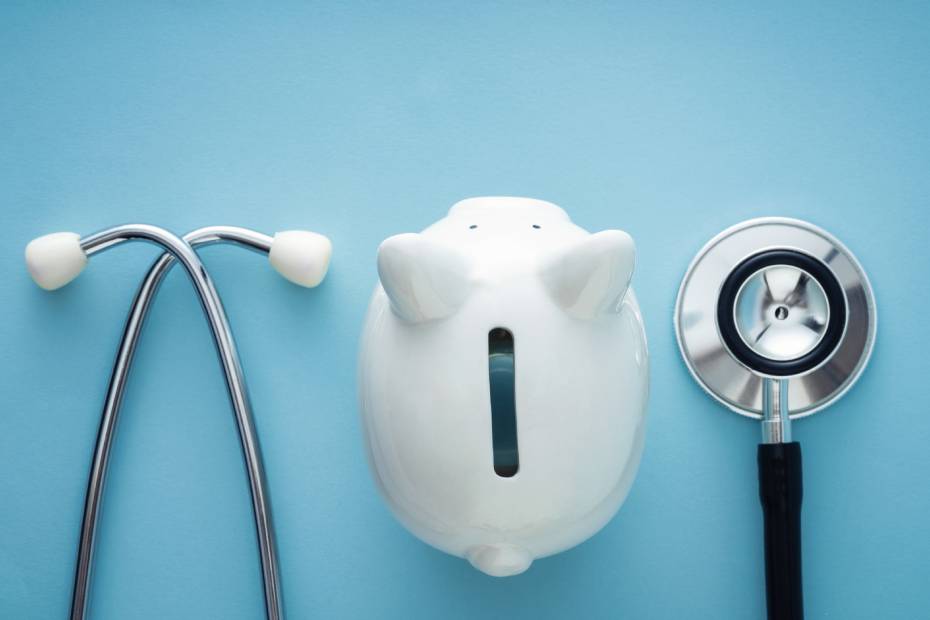Residency work is demanding. Long hours, lack of sleep and personal time, and now add in the pressure of handling COVID-19 issues. Who would blame a resident for feeling overwhelmed? Take a deep breath and read on: here are six ways to get a handle on your stress.
MBSR
Mindfulness-based stress reduction (MBSR) is all about paying attention in the present moment and focusing on one thing at a time. Essentially, it is a practice that helps you manage stress by using a combination of mindfulness meditation, square breathing, body awareness and yoga. Some therapists specialize in MBSR treatment, but you can also try the practice for yourself with apps like Calm or Headspace. Look for guided meditation or yoga classes of all levels on YouTube for easy at-home tutorials.
Eat Right
Complex carbs like those found in whole grain breads, pasta and cereals may trigger the brain to produce serotonin — the calming, feel-good brain chemical. Take care of yourself by prepping meals that include stress-busting foods.
Make a Financial Plan
Money can be a huge source of stress, especially if you don’t have a clear budget in place. Keeping track of your spending and staying on top of your budget can be crucial to lowering stress. So, figure out a realistic financial plan that works for you. If finance isn’t in your wheelhouse, find a good financial advisor to help. Talk to one of the RBC Healthcare Specialists. With this weight off your shoulders you may feel better equipped to handle the stress residency throws your way.

Animal Therapy
You’ve probably seen animal therapy in use between a patient and a trained therapy animal, but residents can also use it as a treatment for stress, depression, anxiety and pretty much any other condition that plagues residents. Whether formal or informal, interacting with a gentle, friendly animal may give you a sense of calm.
Dance
If you don’t have the time or energy to hit the gym, dancing on your own or with friends can relax your mind and boost your mood. Dance prompts the brain to release endorphins and serotonin more than exercise alone and may even help with cognitive function.
Music
Research shows that listening to music can have health benefits, including the ability to decrease the stress hormone cortisol. Whatever your taste in music, try building your own stress-relieving playlist and take a much-needed break with your favourite tunes.
This article is intended as general information only and is not to be relied upon as constituting legal, financial or other professional advice. A professional advisor should be consulted regarding your specific situation. Information presented is believed to be factual and up-to-date but we do not guarantee its accuracy and it should not be regarded as a complete analysis of the subjects discussed. All expressions of opinion reflect the judgment of the authors as of the date of publication and are subject to change. No endorsement of any third parties or their advice, opinions, information, products or services is expressly given or implied by Royal Bank of Canada or any of its affiliates.



















